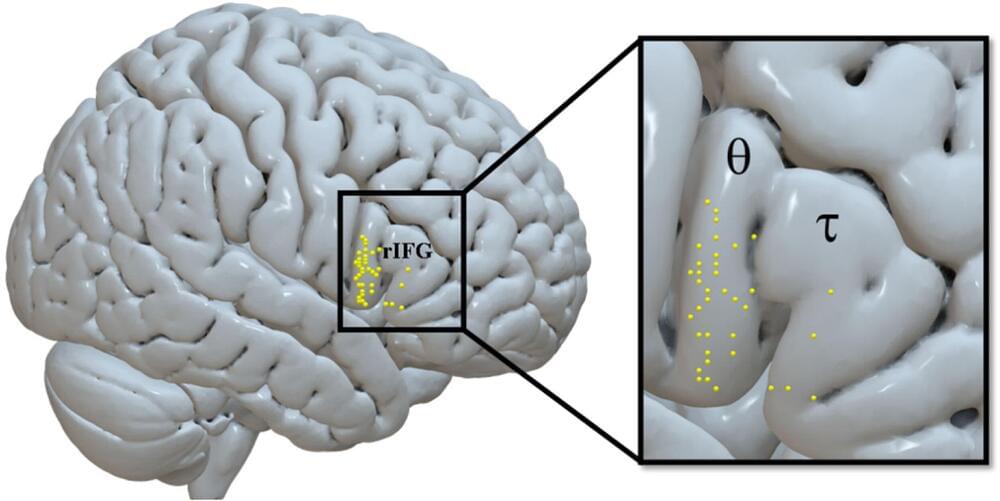New research from the University of Missouri School of Medicine suggests there may be another way to treat cigarette cravings. Researchers found that theta-burst transcranial magnetic stimulation (TBS)—strong, rapidly fluctuating magnetic field pulses that can affect brain activity—can lead to improved self-control, reduced cravings and as a result, less smoking.
People with nicotine dependence tend to have significant structural and functional differences in the brain, compared to healthy non-smokers. Smoking cigarettes has been shown to be associated with less gray matter, which means they have less neurons and other cells in the brain.
Research suggests these differences may affect inhibitory control (IC), which is our control over automatic urges and response to stimuli—what enables humans to stop an impulsive reaction to something.
